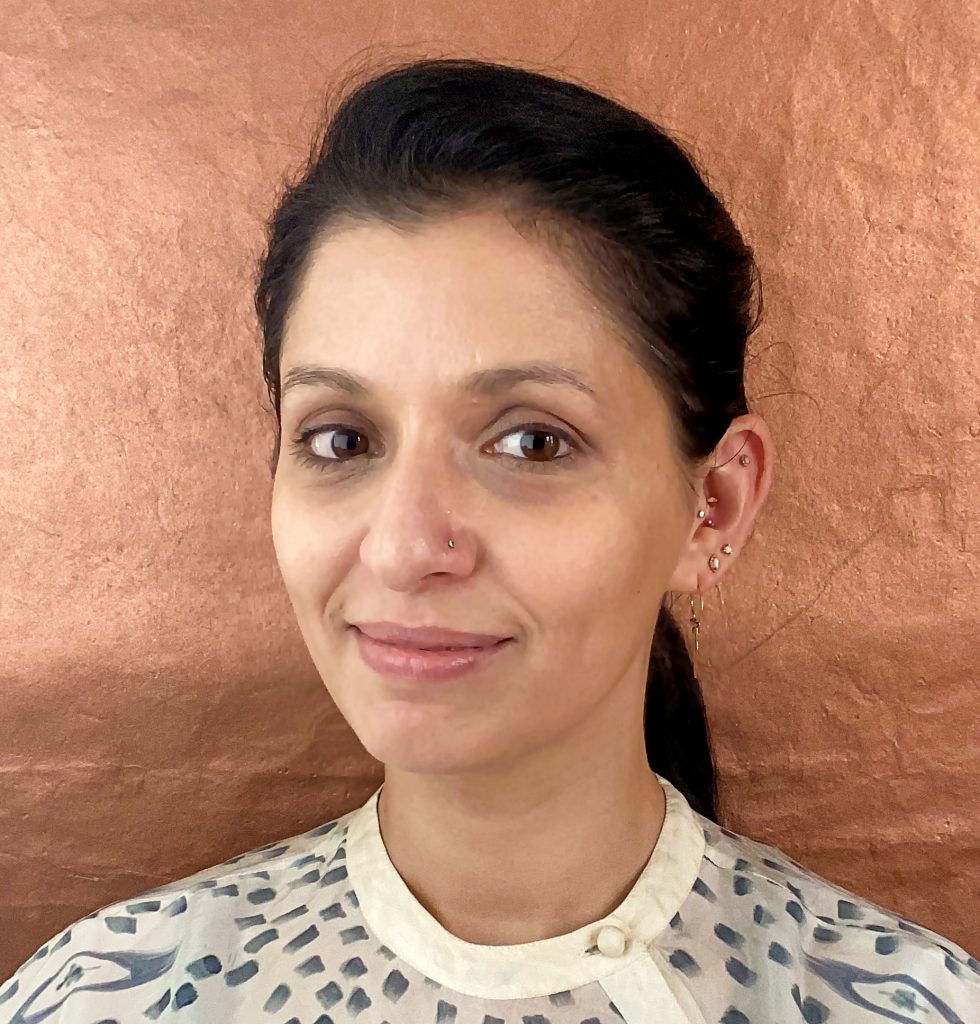
Nur Sobers-Khan is currently the director of the Aga Khan Documentation Center, a research centre and archive for the study of art, visual culture, architecture and urbanism in Muslim societies. Previously, she was the Lead Curator for South Asian Collections at the British Library, London (2015-2021), where she was head of the South Asia section and responsible for curating the a collection numbering roughly 20,000 manuscripts and 500,000 printed books in South Asian languages, which constitute roughly half of the collections of the Asia and Africa Department of the British Library, and led a team of language specialists to curate this collection. She was Principal Investigator of the AHRC-funded research and digitisation project Two Centuries of Indian Print (2016-2021), and her research emerging from this project pivots around two questions: the role of the dispersal and removal of cultural heritage artifacts from South Asia under British colonialism as a contributing factor in shaping the emergence of Islamic reformism in the second half of the 19th century, and the transition from manuscript to print in the same period and the creation of new genres and forms of reading through the circulation of lithographed texts on cosmology, dream interpretation and other divinatory literatures. She previously served as the Iran Heritage Fellowship Persian Manuscript Curator at the British Library (2012-13) and was Curator for Turkey and the Ottoman Empire at the Museum of Islamic Art, Doha (2014-15). While at the Museum of Islamic Art, she curated two exhibitions: ‘Building Our Collection: Mughal and Safavid Albums,’ on the art of manuscript production in India and Iran, and co-curated ‘Qajar Women: Images of Women in 19th-century Iran’, on the depiction of gender in the Qajar period. Book-length publications include a monograph based on her PhD research, entitled Slaves Without Shackles: Forced Labour and Manumission in the Galata Court Registers, 1560–1572, published by Klaus Schwarz Verlag in 2014 (now by De Gruyter), and Qajar Women: Images of Women in 19th-century Iran (Milan: Silvana Editoriale, 2016), co-authored with Mounia Chekhab-Abudaya. Her reviews and articles have appeared in Oriens, Journal of Early Modern History, Critical Muslim, and Global Intellectual History and various edited volumes. She has lectured at the University of Cambridge and St Mary’s University College on the history of the Middle East, South Asia, the early modern Mediterranean and Indian Ocean world. She has also had the opportunity to teach as an associate professor at Habib University in Karachi, Pakistan, where she served as co-director of the new department of Comparative Liberal Studies in her first semester there and also had the opportunity to design and teach the undergraduate courses, “Dream Interpretation: A Decolonial History” and “Islamic Art and Visual Culture: From the Middle East to South Asia.” She completed a PhD in Islamic History in 2012 at the Faculty of Oriental Studies at the University of Cambridge. Her PhD dissertation, entitled, ‘Slaves without Shackles: Forced Labour and Manumission in the Galata Court Registers: 1560-1572,’ was a microhistorical study of the social and cultural context of slavery in the early modern Ottoman Empire based on extensive archival and manuscript research. Her undergraduate degree was in Oriental Studies at the University of Cambridge (2006 BA Hons MA), with a focus on Arabic and Persian philology and the literature and history of the Middle East.
Courses taught: Islamic Manuscript and Print Culture: from the Middle East to South Asia, 2021